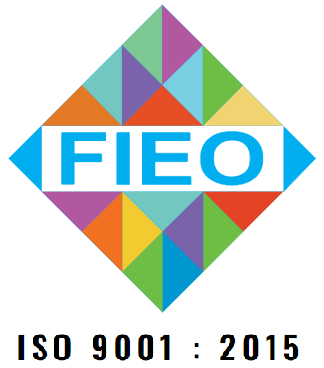Australia proposed changes to Inspection and analysis of imported Coconut, seafood, cheese, meat, spices, seaweed, peanuts and pistachios and their products and sesame seed products Australian Government Department of Agriculture and Water Resources has issued notification on Inspection and Analysis of Imported Foods. Australia has prepared science-based risk statements on the risks associated with certain imported foods and these are published on the Food Standards Australia New Zealand website.In response to these risk statements, Australia is proposing legislative changes that would result in changes to the inspection and analysis of some imported foods. The proposed changes include the following: 1. Bivalve molluscs and foods containing bivalve molluscs (bivalve mollusc products) would require negotiated government certification to be imported into Australia. 2. Bivalve mollusc products would be classified as a risk food so they could be inspected and analysed for biotoxins and microorganisms; 3. Foods containing cooked prawns that are ready-to-eat would be classified as a risk food so they could be inspected and analysed for Vibrio Cholerae; 4. Dried coconut and cooked crustaceans (other than cooked prawns) would be reclassified so that they are no longer risk foods and therefore subject to a lower rate of inspection and analysis. 5. Foods specified in Schedule 23 of the Australia New Zealand Food Standards Code (prohibited plants and fungi) would be classified as risk food so these could be more efficiently targetted for inspection. 6. Other legislative changes are also proposed to align the imported food legislation with the food that is considered to pose a medium or high risk to public health as described in risk statements published by FSANZ. 7. These proposed changes would relate to finfish, seaweed, cheese, meat, spices, sesame seeds and sesame seed products and foods containing peanuts or pistachios. Subject to consideration of issues raised on the proposed changes, it would be expected that these changes would take effect in September or October 2017. Products covered : Coconut, seafood (bivalve molluscs, cooked crustacea, finfish), cheese, meat, spices, seaweed, peanuts and pistachios and their products, sesame seeds and sesame seed products, specified plants and fungi. Proposed date of adoption (dd/mm/yy): August or September 2017 Proposed date of publication (dd/mm/yy): May 2017 Proposed date of entry into force: [ ] Six months from date of publication, and/or(dd/mm/yy): September/October 2017 with certification of bivalve molluscs and bivalve mollusc products 12 months later. Final date for comments: [ ] Sixty days from the date of circulation of the notification and/or (dd/mm/yy): 31 July 2017 (5 pm Australian Eastern Standard Time) | .gif)
.gif)










